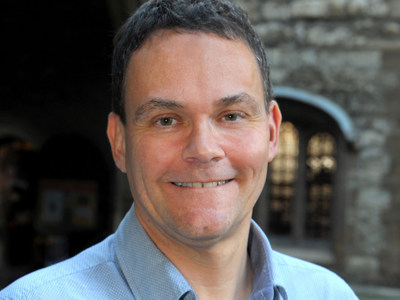
Death of former councillor and retired firefighter Terence Butler was misadventure contributed to by neglect, rules coroner
Former Wigan councillor and retired firefighter Terence Butler, known as Terry, died after a nasogastric tube was inserted into his lung instead of his stomach, an inquest into his death has been told.
Posted on 31 May 2024
The “never event” at Royal Albert Edward Infirmary (RAEI) in Wigan in January 2024, led to a deterioration in Terry’s condition and he died four weeks later on 16 February 2024, aged 83.
Concluding the inquest into Terry’s death at Bolton Coroners’ Court on Friday 31 May 2024, Coroner Alexander Frodsham said that an x-ray of the tube to check if it was in Terry’s stomach was “erroneously interpreted” by a junior doctor who had not received “adequate training”.
He concluded that Terry’s death was misadventure contributed to by neglect.
Terry had been admitted to hospital after attending RAEI accident and emergency department on 29 December 2023 with a fever caused by a catheter-related urinary tract infection.
As Terry had an unsafe swallow, he had to be fed by nasogastric tube. After inserting the tube, it is crucial to check it is in the right place. On 17 January 2024, the tube was inserted and a routine check chest x-ray performed. That x-ray was misinterpreted and the junior doctor thought it confirmed the tube was in the right position. The tube had been inserted into Terence’s left lung instead of into his stomach but this was only discovered after 15 minutes when he began to have difficulty breathing and had chest pain.
Terry developed pneumonia and died four weeks later.
Terry, who had been a councillor in Wigan for five years after his retirement in 1990 from Greater Manchester Fire Service, had been suffering increasingly poor health since 2017 when he suffered a stroke which left him with weakness on his right side.

However, he was able to continue his life much as before, enjoying driving and visiting his family caravan in the Yorkshire Dales.
Terry was diagnosed with prostate cancer in 2018 and his mobility declined.
On Christmas Day 2023 he was diagnosed with a urine infection, which for the second time that year resulted in an admission to hospital.
He was taken by ambulance to RAEI accident and emergency department where he spent 36 hours treated in the corridor before a bed became available on Standish Ward and Terence continued to be treated with antibiotics.
An outbreak of norovirus, which Terry didn’t catch, prevented his family visiting and they could only communicate with him by messages sent with hospital staff.
After a brain scan showed a recent minor stroke and historic small minor strokes it was decided to transfer Terry to Billinge Ward, an acute stroke ward, on 16 January 2024.
The following day, due to Terry’s ongoing difficulty swallowing, the nasogastric tube was inserted. The inquest heard that up to 200 millilitres of food was placed into his lung despite safeguarding measures that were intended to prevent this happening.
The family was told there was only a 50 per cent chance of Terry surviving. He then developed pneumonia and despite further antibiotics treatment, he continued to decline and died on 16 February.
Following the conclusion, Terry’s family issued a statement, saying:
“Terry was a much loved husband, father, grandfather and great-grandfather, who had served in the fire brigade for 25 years. He saved many lives as a firefighter and survived a number of very dangerous situations. In retirement he served as a Councillor and as a school governor. As a family we are devastated at his loss. We feel it was not Dad's time to die and had it not been for this incident he would now be at home enjoying life with his family. We have some wonderful memories of Dad and he will always be in our hearts.”
Terry’s wife, Rose, daughter Elizabeth Harrison and son, Jonathan Butler are represented by Leigh Day clinical negligence team partner, Stephen Jones.
Stephen Jones said:
“Sadly, Terence’s death was completely avoidable: feeding a patient through a misplaced nasogastric tube should simply never happen. The Trust’s internal procedures provided that a doctor requesting the x-ray must have had specific training in chest x-ray interpretation of nasogastric tube placement. However, in Terence’s case the x-ray review was undertaken by a doctor who not only had not completed that training, but had not been made aware that this training was available. This was a systemic breakdown that tragically led to Terence’s death.”




